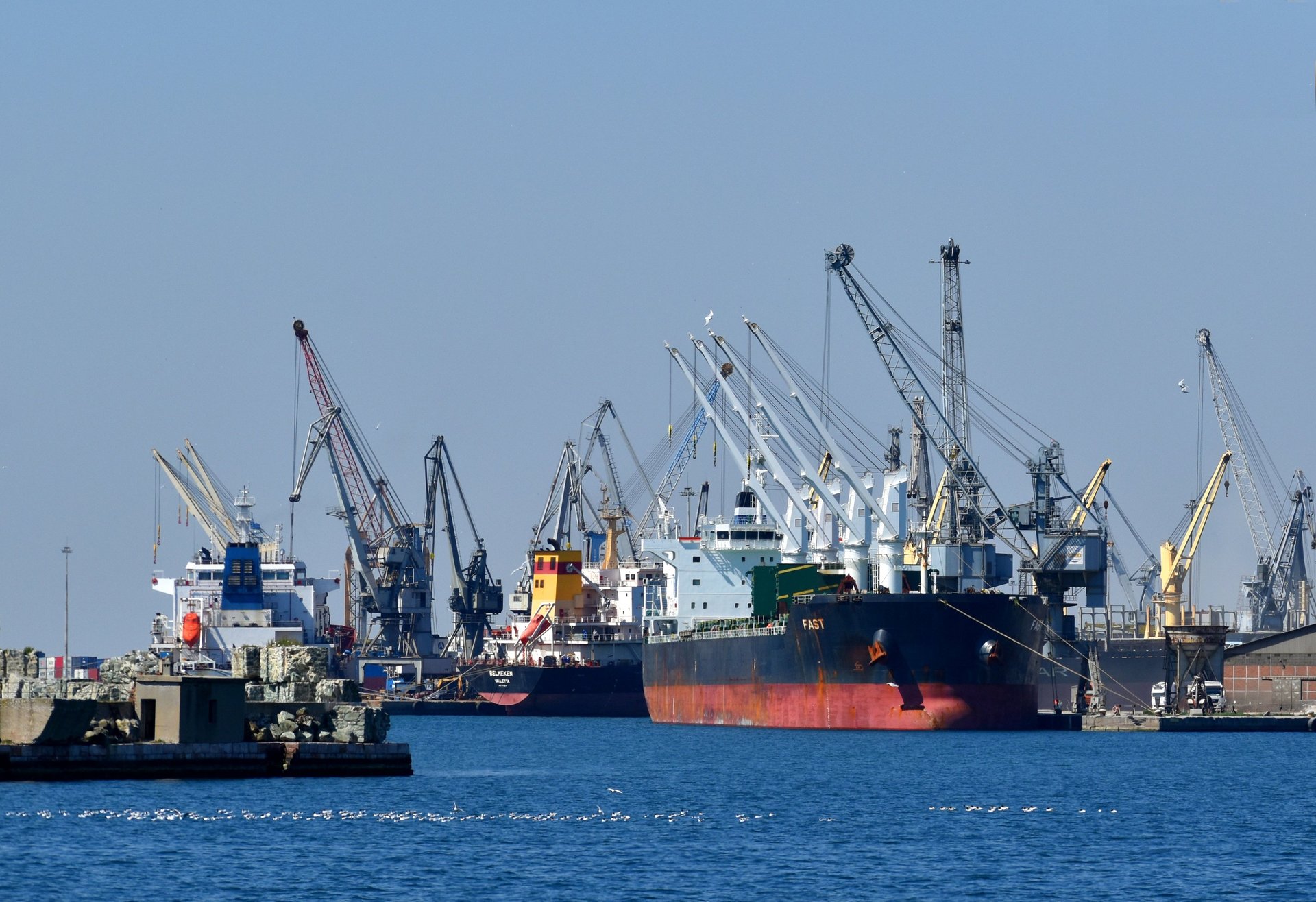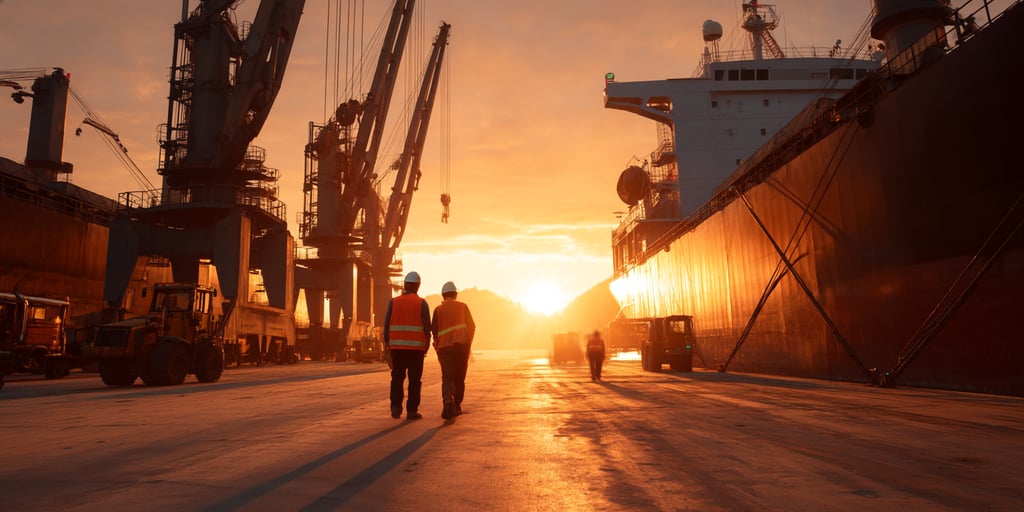
Key Challenges Charterers Face at Ports — And How Expert Agents Solve Them
Navigating the Complexities of Port Operations
In the vast world of global trade, ports are the vital gateways that connect sea and land. Behind every successful cargo movement lies a labyrinth of coordination, timing, and compliance — collectively known as port operations. While the movement of ships may seem fluid from afar, the reality on the ground (or rather, at the berth) is far more intricate.


What Are Port Operations, Really?
Port operations encompass all activities necessary to ensure a vessel's seamless arrival, turnaround, and departure. This includes:
- Berth allocation
- Cargo handling coordination
- Tide & draft monitoring
- Documentation and compliance formalities
- Communication with port authorities
- Mooring and unmooring arrangements
Every operation functions as a cog in a larger mechanism—if one aspect experiences delays, it can impact the entire cycle.
---
The Human Element: Agents as Orchestrators
Experienced shipping agents assume a pivotal role in orchestrating all aspects of port-related activities behind the scenes. By liaising with port control and guiding logistics providers, they act as the singular point of coordination.
What may seem like a routine vessel visit often necessitates synchronization of multiple components—including pilots, tugs, stevedores, surveyors, and inspectors—within constrained timeframes.
---
Dynamic Environments, Demanding Precision
Ports are not static; they operate as dynamic ecosystems influenced by:
- Weather and tide fluctuations
- Congestion and berth availability
- Customs regulations and port-specific rules
- Festivals, strikes, or port authority schedules
Flexibility and preparedness are essential; even a sudden squall or high swell can postpone berthing, necessitating a total reevaluation of planned operations.
---
Technology's Growing Role in Port Turnarounds
Modern port operations now incorporate:
- AIS-based vessel tracking
- Digital pre-arrival documentation
- Real-time tide and weather alerts
This transformation is enabling ports to evolve into smarter, more responsive entities, less reliant on manual processes, while also necessitating a higher level of technical expertise and proactive coordination.
---
The Bottom Line: It's About Trust and Timing
While cargo volumes and ship sizes may fluctuate, one constant remains: the necessity for timely and well-managed port operations. Whether a vessel is discharging fertilizer, loading steel coils, or awaiting clearance, delays can have cascading effects throughout the logistics chain.
Behind the scenes, a well-coordinated team ensures that port calls proceed without incident—an achievement that represents the highest form of praise in shipping.
